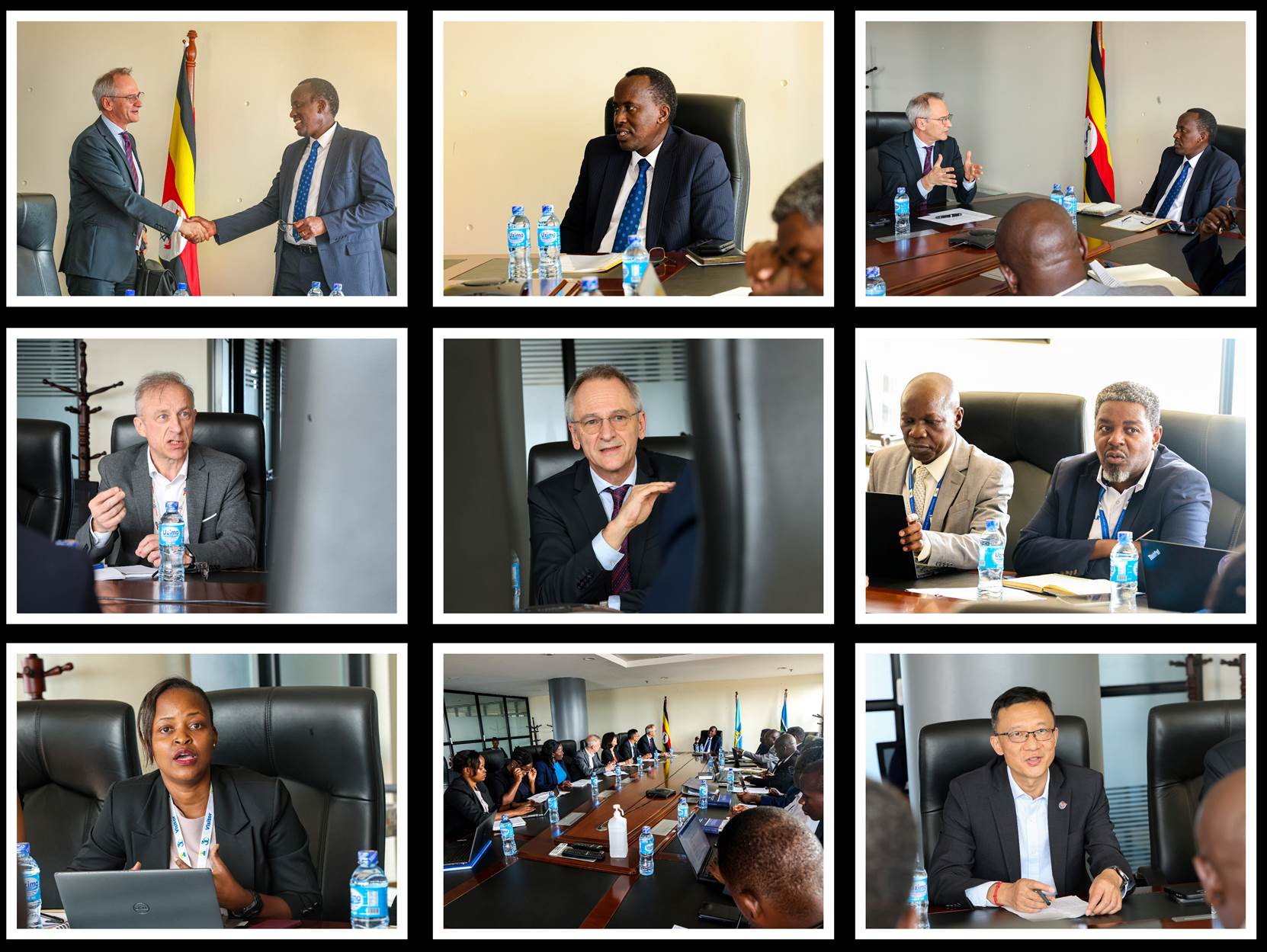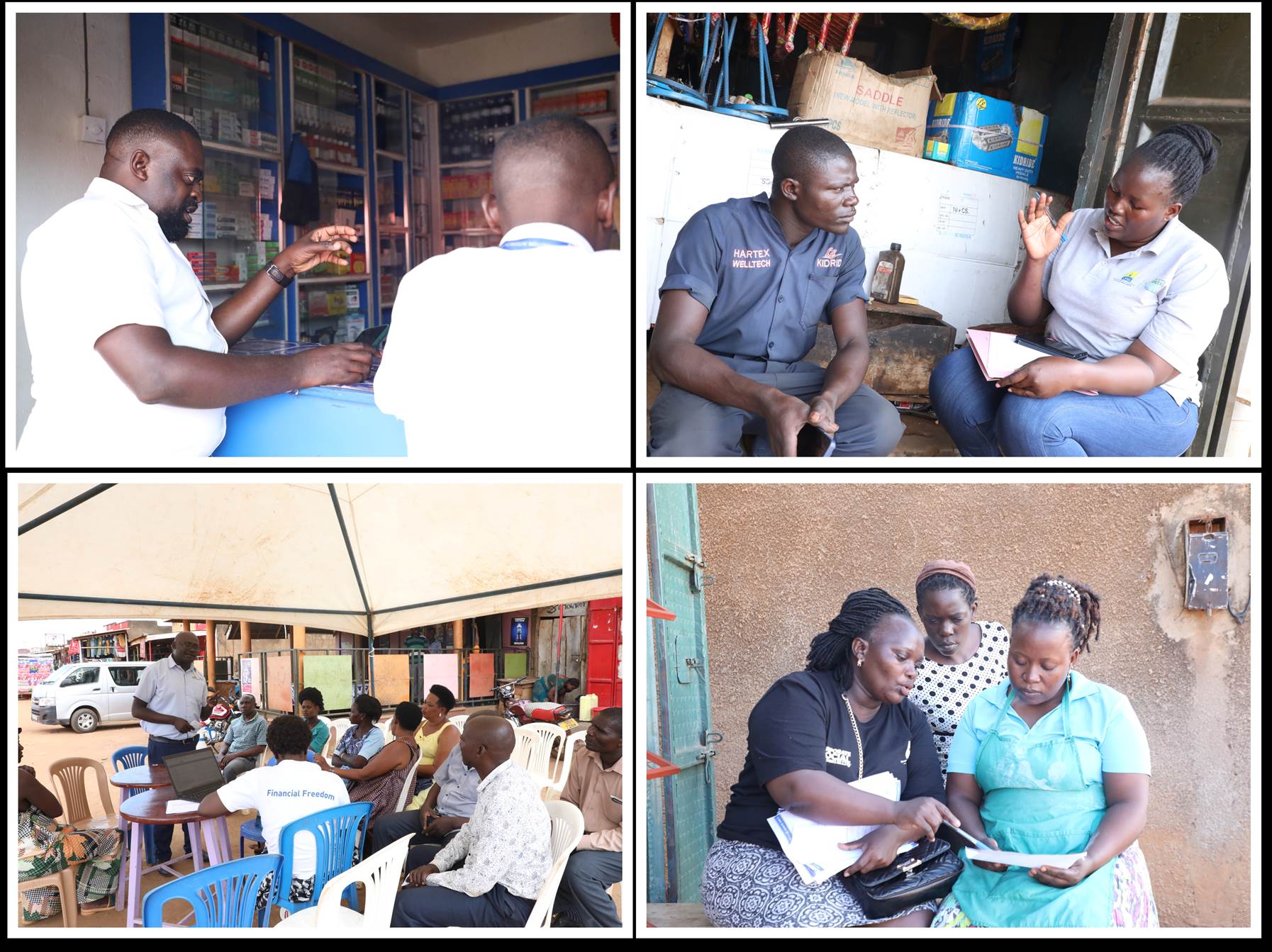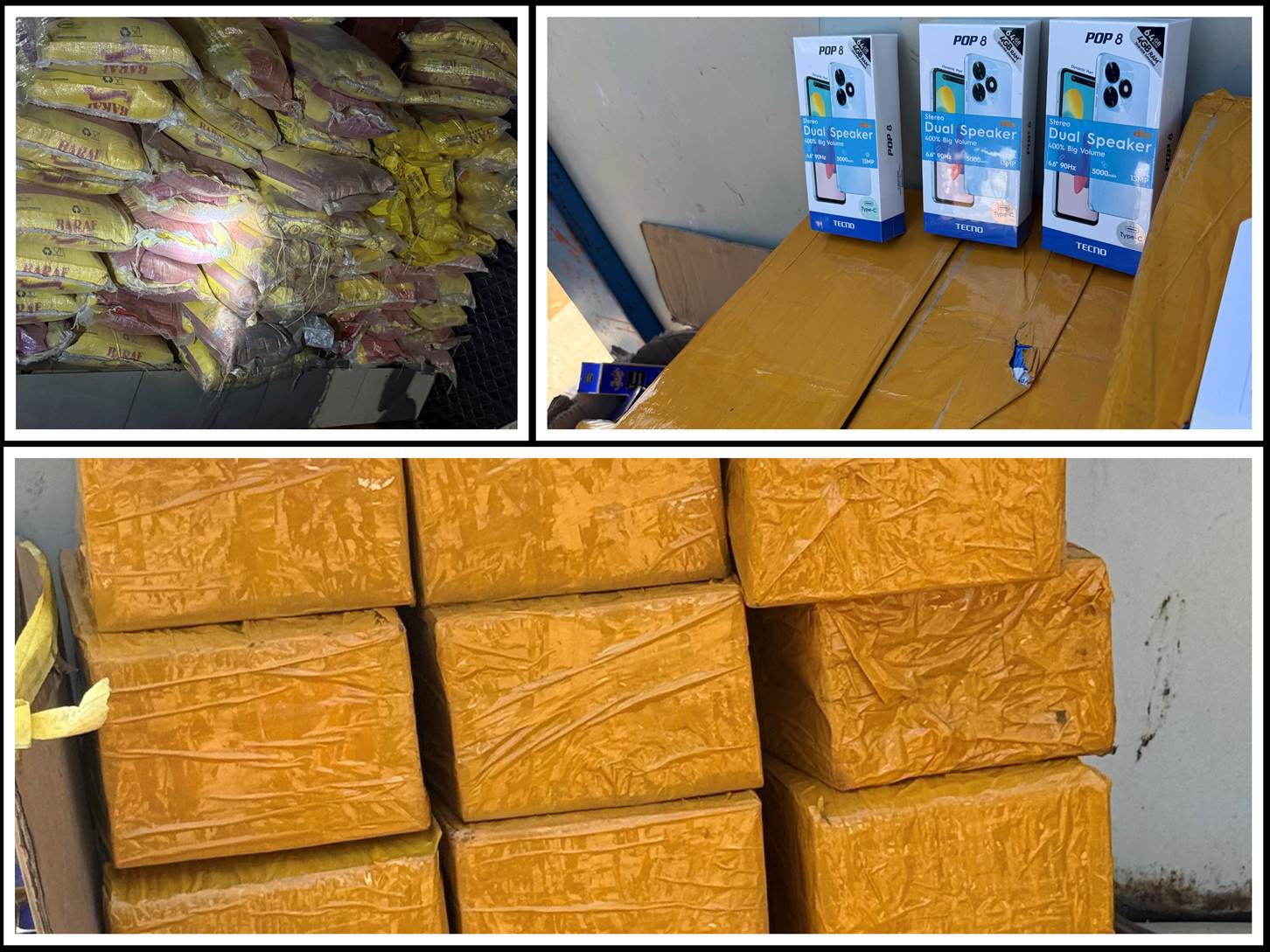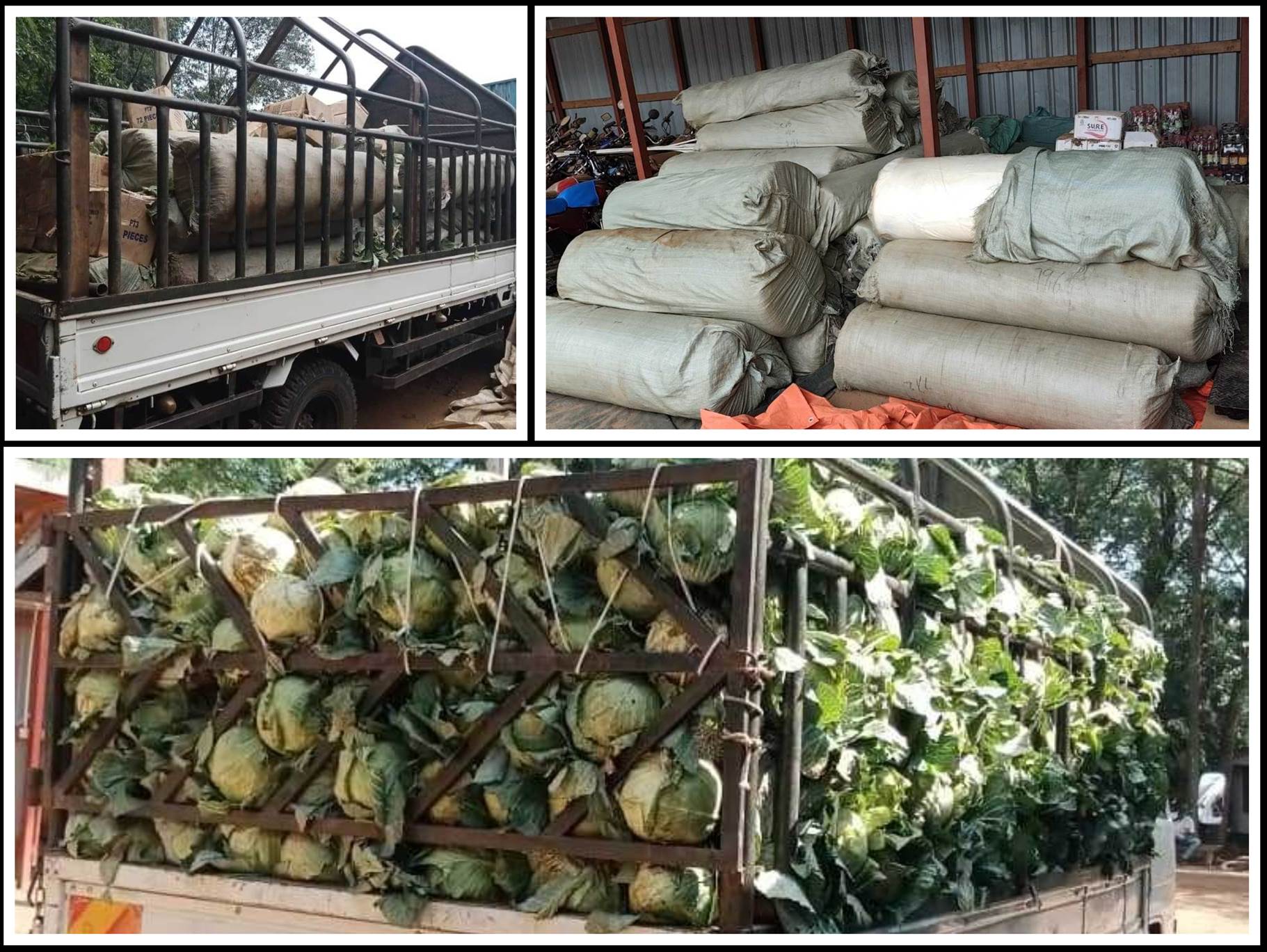The manufacturing sector is set to benefit from the revised taxation policies announced in the Uganda National budget for the financial year 2022/23. This follows a number of tax amendments that were drafted to foster and realise the fruition of the national budget theme with efforts towards increased industrialisation.
The Uganda Manufacturers Association (UMA) hosted a post-budget symposium in Kampala yesterday, where the industrialists convened to identify lucrative arrears from different government programs that will grow the sector.
Discussions centered around positioning the manufacturing sector to facilitate the implementation of the budget for FY 2022/23. Areas explored include the role of manufacturing in national budget objectives, innovative tax administrative initiatives, public procurement in economic recovery, and implication of PPP policy in implementing NDP III.
Mr. Moses Kaggwa the Director of Economic Affairs at the Ministry of Finance re-echoed the government’s move of not introducing new taxes this financial year to prevent the burden of new taxes on the same people who pay taxes. He said that restructuring was done to ensure that all Ugandans pay taxes so that businesses thrive minus a large tax burden.

For the sector to maximise benefits from these revisions, URA cautioned the players to remain compliant and not fall prey to the revised penalties defined in the Tax Procedures Code Act (TPCA) 2014.
“Voluntary compliance in all spheres of doing business benefits manufacturers more than the regulators because it positions you for better markets globally. The punitive measures are supposed to deter you from crossing into the arrears of non-compliance,” noted John R. Musinguzi, URA’s Commissioner General.

Manufacturing is the second biggest contributor to sector revenue in the last three consecutive years having generated UGX 3.5 trillion, UGX 4.5 trillion, and UGX 4.99 trillion for the financial years of 2019/20, 2020/21, and 2021/22 respectively.
However, the manufacturers decried the increased penalties for offenses relating to EFRIS and digital tax stamps, noting that these will instead sink businesses further.
In the recent tax amendments, a taxpayer who makes false or misleading statements will be penalised to pay UGX 110m up from UGX 4m, while failures to activate a tax stamp on locally manufactured or imported goods will attract a penal tax of UGX 50m or double the tax due, whichever is higher. In relation to EFRIS, a fine of 1500 Currency points/imprisonment not exceeding 10 years or both will apply for forgery of an EFRIS invoice, interfering with an EFRIS control device and failure to use EFRIS. The law values a currency point at UGX 20,000.
“As a believer in God, the bible says in Romans 3:23 that all have sinned and fallen short of God’s glory. I, therefore, urge URA and Ministry of Finance not to use punitive actions but rather facilitate and align us (manufacturers) with voluntary compliance,” Daniel Birung, the UMA Executive Director noted, following highlights from the revised tax measures and penalties.
To promote local manufacturing, the government revised import duty for one year where a 10% import duty up from 0% will apply for surgical and other gloves, and catalytic preparations for the manufacture of foam and spring mattresses; a 25% import duty up from 10% will also apply for brakes including coaster braking hubs and parts of motorcycle brake shoes; and for other springs for the manufacture of foam and spring mattresses.
These tax amendments, among others, are further facilitated by the recent decision from the Ministers/Cabinet Secretary in charge of Trade and Finance which adopted 35% as the 4th band of the East African Community Common External Tariff (CET).
This tariff is an import duty that will apply to specific goods that are imported from outside the EAC territory with effect from July 01, 2022.
Goods among the tariff lines in this 4th band include dairy and meat products, cereals, cotton and textiles, iron and steel, edible oils, beverages and spirits. Other goods include furniture, leather products, fresh-cut flowers, fruits and nuts, sugar and confectionery, coffee, tea and spices, textiles and garments, head gears, ceramic products, and paints, among others.
In a statement published on the EAC website, the EAC Secretary General Hon. (Dr.) Peter Mathuki termed this a positive step towards the promotion of industrial sectors and realizing the benefits of the African Continental Free Trade Area (AfCFTA).
According to UMA, the application of the EAC CET has enabled them to contribute towards import substitution with 45% of items previously imported being manufactured locally. Manufacturers believe this strategy will enable them to address the NDP III strategy of import substitution and export promotion as they seek to create more jobs and meet consumer demands locally, within the region, and in the global market.











